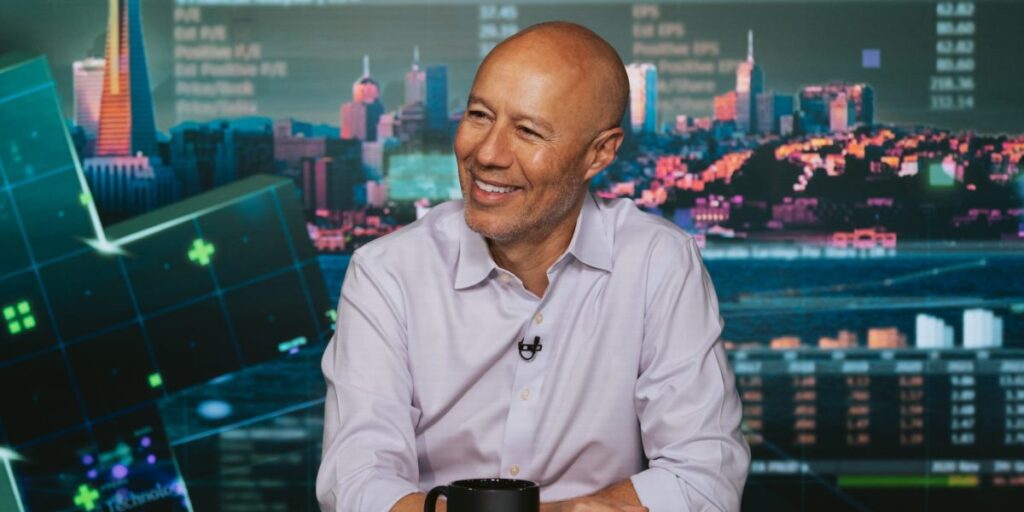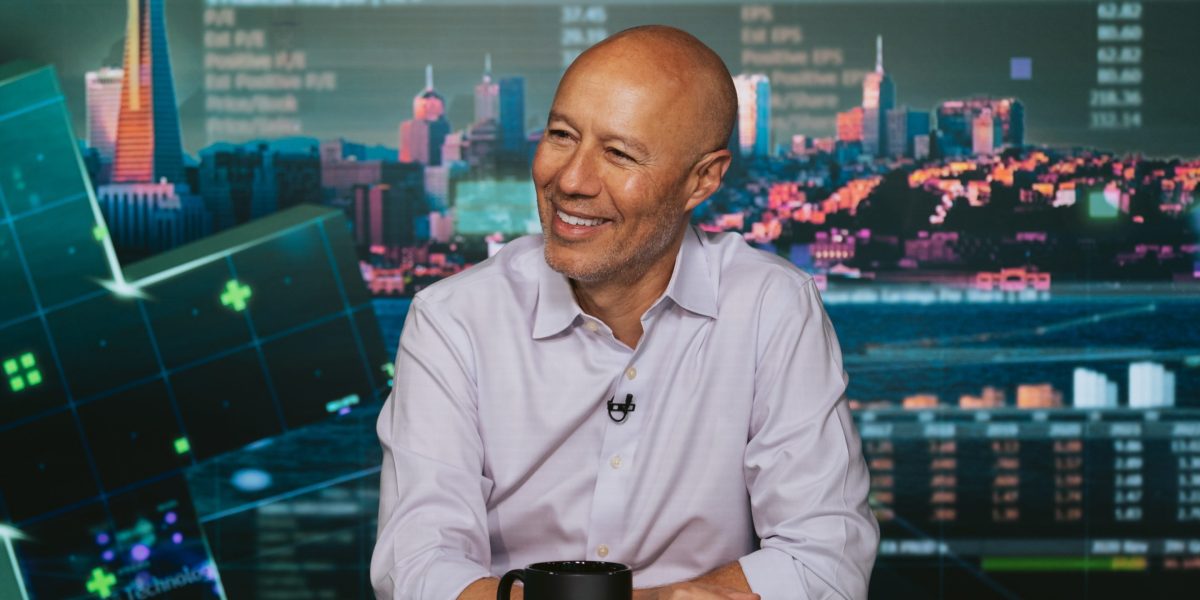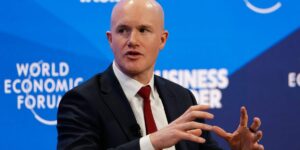Lyft’s CEO got the top job after initially turning it down—Here’s the six-week process that made him chief executive
David Risher went back and accepted Lyft’s chief executive offer, despite some board members saying his 100-day plan was “crazy.” Now, the ride-sharing behemoth is shattering booking records.


Many professionals would jump at the idea of helming a billion-dollar company—after all, the top job comes with power, prestige, and a sizable pay bump. But when Lyft CEO David Risher was offered the chief executive role two years ago on Valentine’s Day, he was anything but ecstatic.
“My phone rings, and the [Lyft] board chair, Sean Aggarwal, is on the line, and he says, ‘David, we’ve got an offer we think you can’t refuse,’” Risher said in a recent interview with The Verge. “And I’m preparing myself for, ‘We want you to be the chair of the audit committee.’ Some terrible thing that he’s trying to butter me up for.”
Risher had been serving on the board since 2021—but as it turns out, Aggarwal wasn’t trying to convince him to lead the business’ financial reports. Lyft’s two cofounders, John Zimmerman and Logan Green, were looking to step back from the company after more than a decade of putting in their blood, sweat, and tears. The business needed a new leader, and Aggarwal informed Risher he and the cofounders thought he was the “right guy.”
“I said, ‘No, that’s ridiculous. I don’t even know what you’re suggesting,’” Risher recalled. “‘You need to hang up the phone immediately, and you can get back to work, do something which has a higher likelihood of success.’”
It’s an unorthodox reaction to being offered the CEO gig at a $9.4 billion ride-sharing company—but Risher had priorities of his own. The executive was still leading the global ed-tech nonprofit he cofounded back in 2009, Worldreader, and was laser-focused on the mission at hand. Risher hadn’t considered himself for Lyft’s CEO role, even taking a backseat while the board committee looked for candidates, only “observing from afar.” But after turning down the initial offer and spending some time to mull over the idea, he had a change of heart.
Finally accepting the offer and enduring a six-week long process
After writing off the idea of becoming CEO of Lyft as absurd, he decided to do some soul searching. Aggarwal encouraged him to think about it—and later that day, Risher’s wife convinced him to give it a shot.
“I literally took a walk around for about an hour, and I thought, and I kept hearing myself say, ‘Hmm, interesting,’” Risher continued. “As I mentioned, it was Valentine’s Day, so this became the topic of conversation between my wife and me that evening. And she said, ‘David, I think you should give it a try or go for it.’”
A few days later, Zimmerman and Green met with Risher to sell him on the opportunity. But instead of simply handing him the keys to the corner office, the Lyft cofounders just put him in the running for the CEO job.
“They did something, which I don’t think they were being clever; I think they were just being honest. They said, ‘Just to be clear, we’re not offering you the job; we’re offering you the chance to apply for the job.’” Risher said. “And I’m like, ‘Hold on. Now I’m getting competitive.’”
But securing the top job was no cake walk: It took about six weeks, and Risher put together his 100-day plan. He spoke with every single board member, some of which thought his CEO strategy was “interesting,” while others said it was “crazy” and “didn’t make any sense.” Part of it entailed a mass layoff and completely restructuring the team, which resulted in the canning of about 1,100 Lyft employees when he stepped up as chief executive.
Another tactic was innovating around customers. Risher had the chops to get it done, having worked at Microsoft in its early days, and under Jeff Bezos as Amazon’s senior vice president of U.S. retail. Risher said “customer obsession” was at the center of all of his ventures, making him the perfect candidate. His gameplan paid off, officially becoming Lyft’s CEO in April 2023.
This year, Lyft reported record gross bookings of $4.8 billion in the third quarter—up 16% year-over-year—and reached an all-time high revenue of $1.7 billion. There was also a record-breaking number of rides and active riders, with rides growing 15% year-over-year and the number of active customers soaring to 28.7 million.
Others leaders who turned down CEO job offers
Risher isn’t the only business leader who has made the jaw-dropping choice to turn down a CEO offer.
Nicola Mendelsohn, head of Meta’s Global Business Group, turned down several CEO offers in order to preserve her work-life balance. She even took a pay cut to have a four-day workweek and spend more time with her kids—and no glitzy chief executive compensation package was going to get in the way of that. When the offers came rolling in, she knew she couldn’t do good by the company while being present with her family.
And Marguerite Mariscal, chief executive at culinary brand Momofuku, rejected her current job “a million times” before she finally accepted. At the time, she was 29 years old, and didn’t feel she was ready to take on the top job. But ultimately, she didn’t want anyone else controlling the future of the business.
“I think anyone who grows up wanting to be a CEO is crazy,” Mariscal told Fortune last year. “It’s a very difficult job.”






